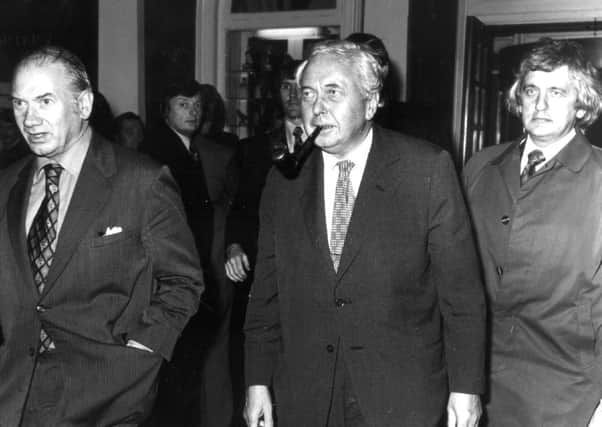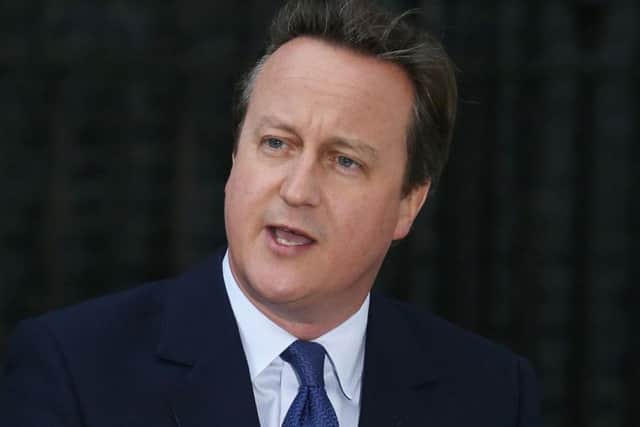If only David Cameron and Jeremy Corbyn had heeded Harold Wilson’s example over Brexit referendum – The Yorkshire Post says


It is a conundrum which has more pertinence as the publication of Mr Cameron’s long-awaited memoirs coincides with a significant shift in the Labour leader’s Brexit policy.
Advertisement
Hide AdAdvertisement
Hide AdThe context is this. By staying out of the fray when Britain voted to join the then EEC in 1975, Mr Wilson was better placed to unite his divided party and provide some leadership continuity until he resigned the following year. Yet, after leading the Remain campaign in 2016, Mr Cameron’s position was untenable from the moment it emerged that voters had defied his wishes.


And because there was no transition period, it left his successor, Theresa May, trying, and ultimately, failing, to develop a Brexit negotiating strategy from a standing start. The Tory party’s failure, after the referendum, to work on a cross-party basis also provided Labour with a free rein to thwart the Government’s wishes at every opportunity, hence the current Parliamentary turmoil and Supreme Court hearings.
Advertisement
Hide AdAdvertisement
Hide AdNow Mr Corbyn has finally finessed his position. If he becomes PM, his intention is to hold another referendum in which two options – a revised Leave deal or Remain – are put to the people and that he, himself, would not take a public position. Yet, while his stance will disappoint Labour’s Brexit supporters in the North, and also those who would like the party to take a stronger pro-Remain stance, the fact of the matter is that will require pragmatism, and compromise, by leaders from all sides to try to resolve the current impasse.
The problem is that the key players have all been left so diminished by Brexit that this belated recognition of Mr Wilson’s statesmanship and statecraft is at least three years too late.